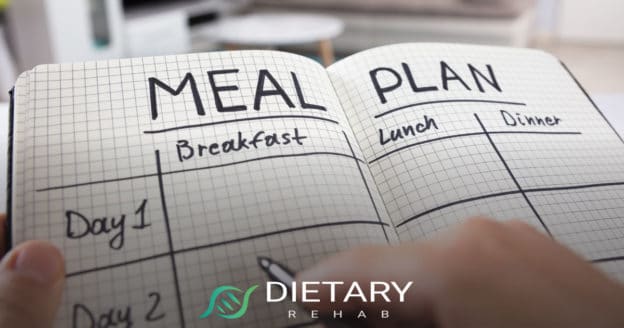If the latest media scare about eggs being as bad for your heart health as cigarettes is true, then my wife and I may not have much longer to live. You see, based on credible research and my ability to tie that research to healthy lifestyles, the Shields’ household consumes about 4 dozen whole eggs per week. Heck, it would probably be 5 dozen if I took the time to cook some for our Great Dane.

Recently, a nutrition study based out of Canada inspired some over-the-top, but typical media frenzy. They would like us to believe that eating whole eggs is two-thirds as bad as smoking cigarettes; apparently, they harden our arteries. This is how media works – force the reader to question what they know, and then watch the panic begin. It’s important to understand that asking questions is what you should always do. However, that means questioning both sides of the argument. This type of misinformation is most evident in nutrition. First, “they say” such food is bad, then “they say” such food is good, then bad again. Who is “they”? Why do they keep changing their position? Here’s the reality. Stop listening to “they”. Look past the headlines, past what appears on the surface, and do your own research or ask a knowledgeable expert. I do it all the time. This particular “study” has more holes in it than Swiss cheese.
This survey asked some 1,200 senior-aged participants to estimate their average consumption of egg yolks per week times the number of years egg yolks were consumed, which was termed egg-yolk years. Yeah, that sounds like a very odd way to calculate how many eggs people eat.
This is called an observational study – one of the least reliable study methods available in proving that a single action causes a specific outcome. In science class, we learn that this type of study can only show a correlation and correlation does not equal causation. That means that just because the researchers may have seen a higher overall intake of whole eggs AND cases of hardened arteries, does not mean that eggs – and only eggs – were the culprit.
Typically researchers do know to account for other variables that would explain specific outcomes. For example, the researchers in this study did take into account the fact that cigarette smoking is attributed to worsening artery health. But what they did not do, was account for other very important factors, “…more research should be done to take into account exercise and waist circumference.” So there was little consideration for the participants’ lifestyles.
The study also found that the participants that ate the most eggs (approx. 4.68 per week) had LOWER total cholesterol, lower triglycerides, and higher HDL levels than those who ate an average of .41 eggs per week. That was obviously left out of the study’s headline and media attention. Those results would make any doctor dance a jig.
Did the study gauge participants’ eating habits in general? There’s no mention of it. Let’s propose a hypothesis about egg consumption in America that reflects a very likely possibility. Health conscious people who make many other healthy choices tend to eat egg whites where as people who are not health conscious tend to eat whole eggs, and quite often those eggs are on the same plate as pancakes or part of an egg McMuffin not surrounded by a heap of vegetables.
So, how might whole eggs be associated with more plaque? Well, these researchers never say. Perhaps because they now know that cholesterol doesn’t cause plaque, as shown in this study, http://www.ncbi.nlm.nih.gov/pubmed/15721501. It concludes that dietary cholesterol is less detrimental to cardiovascular health than previously believed. Here are a few other sources on the subject:
The egg yolk is what holds the majority of the nutrition you need. It contains optimal levels of heart-protecting vitamins like Vitamins A, B1, B6, Folate, B12, and D. The yolk also contains choline, which helps with memory function; lutein and zeaxanthin are also important for eye health.
The bottom line is that we must continue to question the details of studies like this one. And don’t forget to continue to eat real foods for optimum health; do not allow deeply flawed “nutritional science” to fool you. Do your research or ask a professional.
Take Home Points:
- This was an observational study based on incomplete questionnaires.
- Correlation does not equal causation.
- Eating real foods will NEVER be bad for our health (I still laugh at the comparison to cigarettes).
- Some of the most important vitamins and minerals we can consume are actually contained in the egg yolk. These help to protect the eyes, heart, and brain.











